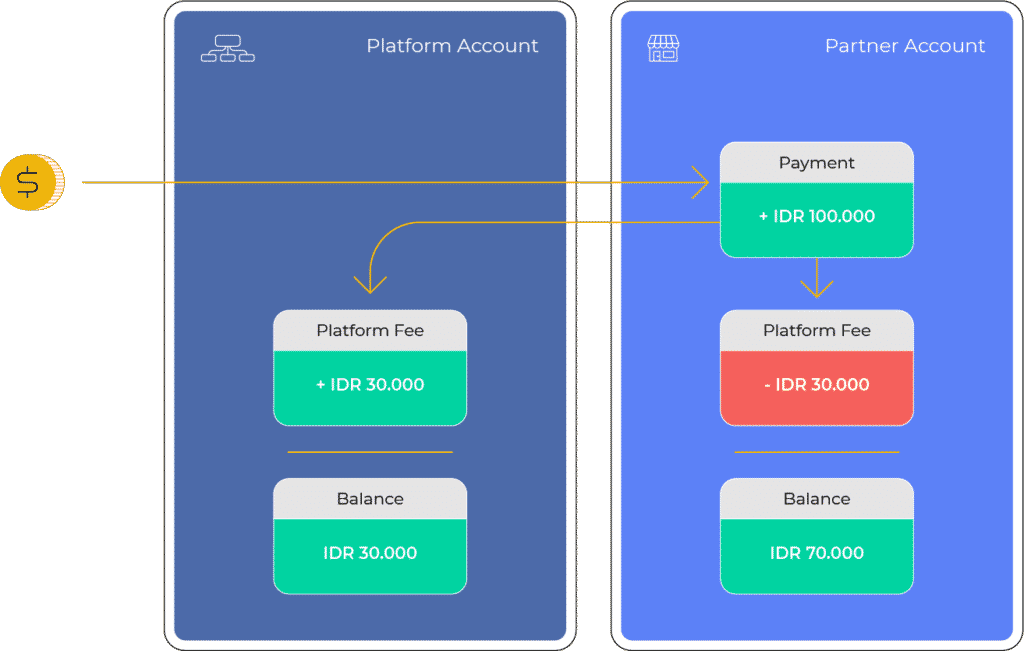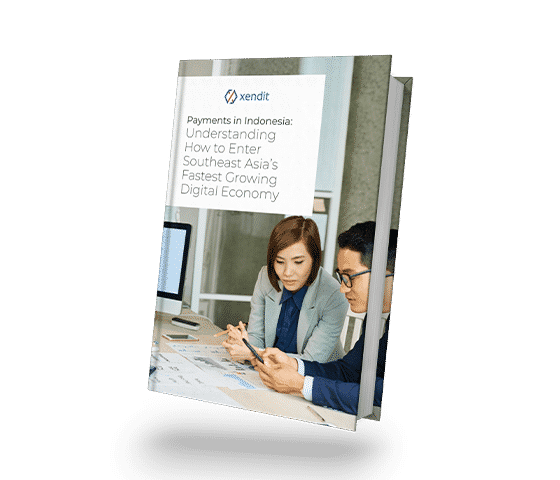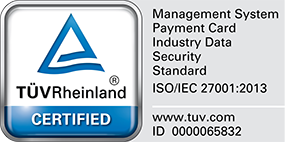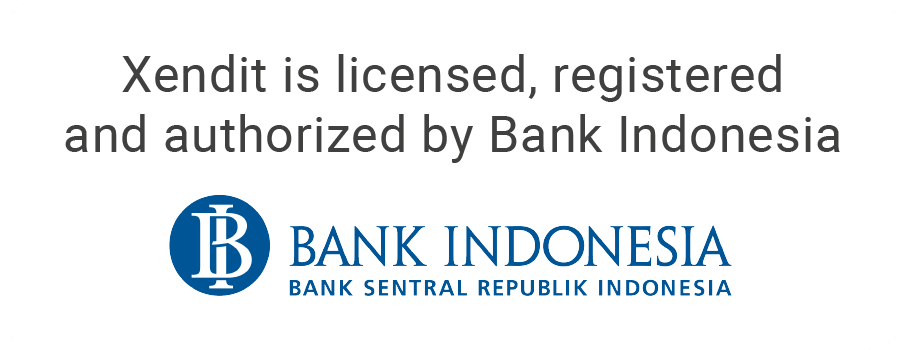Indonesia’s digital economy is expected to reach $124 billion by 2025, the largest in Southeast Asia, according to a recent study by Google, Temasek, and Bain & Company. Market conditions have aligned to boost online sales and purchases, with digital literacy and adoption on the uptrend in Indonesia and across Asia Pacific. This was turbocharged by the pandemic-induced shift to online consumption, and supported by improved delivery and logistics infrastructure, and driven by new and innovative startups and businesses.
A key focus here is on B2B marketplaces, which offers greater visibility, a wider selection of products and services, transparent pricing, stock availability, tools for optimised restocking and more. Whether catering to traditional sellers, Warungs, individual e-commerce players or even across industries of logistics, fashion, grocery, top B2B marketplaces have emerged in Indonesia including Ula, Ralali, Bizzy group, and GudangAda to name a few. With the aggregated model of marketplaces, potential for revenue and growth is largely promising, if efforts to overcome common pitfalls and challenges are taken.
Common Challenges for B2B Marketplaces
Manual overhead cost and time inefficient
Differing price structure for customers and partners in B2B marketplaces can translate to varying commissions that need to be paid out. This often translates into Finance teams being responsible to compute funds needed to be paid out, tallied to respective customers and to be paid out to customer bank accounts which can be time-consuming and manual. Not only that, these inefficiencies detracts time from busy Finance professionals on working on higher value and impact activities.
A real-life issue experienced previously by one of our customers, a major B2B logistics and trucking platform, was where their Finance team was tasked to manage commissions structures, and distribute pay outs to their third-party logistics partners. With a large volume of partners and driver network, scaling their business also meant an increase in manual overhead costs and time required to reconcile costs.
Human error
In determining the revenue and commissions accrued to be paid out to each customer, maintaining a dedicated enterprise software may be costly or unnecessary. As such, tools such as Excel are commonly utilised to store records of partner commission structures, and calculate total commissions to be paid out over a specified time frame. With large volumes of data, this manual entry can lead to human error, resulting in inaccurate or too much commission being paid out. In addition, to rectify issues like incorrect payouts may be more complex and time consuming to Finance teams.
Another challenge previously faced by a SaaS company serving the education sector was that total commissions for each of their school partners were calculated manually on a monthly basis, which caused a spike in workload for the few days prior, and was more prone to errors, causing their partners to receive the wrong amount.
Longer settlement time
With manual calculations needed to determine payouts firstly, followed by the often manual arrangements for payouts, inevitably settlement time will be impacted. Depending on the selection of payment provider, banking partner or should the dates of disbursement fall on a weekend or public holiday, the timeframe for settlement may be delayed further.
An example faced by one of our clients in the past, was where they were in the fast growing gaming industry which allowed their customers to top up game credits across multiple titles. Their Finance team was tasked to calculate commissions to be paid to partners on a weekly basis, and payment schedule was at the end of the week. This created significant workload, and also led to some delays to partners receiving funds.
Decreased revenue due to technology limitations
B2B marketplaces have a more complex build and technology stack given various merchants and product lines can be included in a single basket transaction. These individual products are also subject to different stock availability, delivery timeframes. In creating a delightful user experience, various aspects will need to either be built into the product build or be supported by the payments partner.
A major oil and gas company, shared how they had challenges to build a feature enabling their users to purchase from multiple stores in their marketplace and checkout. The blocker was especially around having sufficient technology resources to enable split payments and routing of revenue, resulting in a sub-optimal customer experience of limiting checkout of products to a single store.
Solutions Designed to Grow B2B Marketplaces
With various challenges presented, it became apparent that by overcoming these pain-points, the growth of B2B marketplaces could be exponential. These solutions were designed to address the unique challenges and needs of B2B marketplaces and stakeholders. At Xendit, platform payments provide the infrastructure designed for platforms and marketplaces, and simple solutions for stakeholders such as yourselves.
Enable routing payments to multiple parties
Do away with manual reconciliation, calculation of payables to your business partners, or even the disbursement of funds to their individual bank accounts. Checkout is woven into your UI and merchant payouts can occur seamlessly via API.
- Transfer funds between your marketplace and subaccounts; breakdown payment into specified order and fee amounts, with flexibility in choosing flat or percentage structure
- Accept and route incoming payments to multiple sub-accounts efficiently and let the recipient receive settled funds at a specified time
- Centralized reporting and management; drill down into each vendor/supplier/partner sub-account to view and generate detailed transaction reports
Onboard partners at scale
Easily onboard partners by creating sub-accounts via a simple API call, or invite your users to create their own sub-account via a hosted link. Choose the amount of control your platform or marketplace would have over their account.
Automate revenue sharing process
If your B2B marketplace charges a fee or commission when facilitating payments for your partners, the Platform fee feature allows you to do so automatically. By enabling Platform Fee, you automate the revenue sharing process with minimal effort and easy set up. You can easily take a commission fee for a large number of transactions from your partners and monetize your platform at scale. This tool is suitable if you are looking to split payments between your B2B Marketplace and partners. Here are some common use cases for Platform Fee:
Use Cases
Join established marketplaces to streamline your payment infrastructure with Xendit, so you can focus on growing your business.
Monetising via transaction-based fees
Case Study #1: A B2B Online Marketplace wants to start monetising their platform, by implementing an admin fee of IDR 5.000 per transaction, regardless of the total transaction amount.
How does it work?
- Create a Fee Rule object via API OR
Fee Rule is an object that allows you to take a commission when applied to a transaction. You can set a flat fee or percentage commission rate.- Create a Fee Rule with IDR 5.000 flat rate
- Apply it to any transaction you want to charge platform fees to
- You will automatically receive IDR 5.000 admin fee for each checkout made on your Marketplace
- Create a with-fee-rule transaction via API
Select from Invoice, OVO Payment or more options, using with-fee-rule as a header for a specific partner account- Create a transaction
- Specify fees for the partner
- All incoming payment to that partner account will be split according to the fee rule created
Monetisation via transfer fees
Case Study #2: A B2B Marketplace would like to monetise by charging an administrative fee for topping-up their partners’ balance, sending out payout or bonuses, or make transfers from one branch or outlet to another.
How does it work?
- Create transfer via Dashboard OR
- Navigate to xenplatform accounts page
- Click the Create transfer button
- Fill in the required fields:
- From: account ID or name where the funds are transferred from
- To: account ID or name where the funds are transferred to
- Amounts to transfer: the amount of funds of your choice
- Reference: a unique identifier of the transfer
- Create transfer via API
- Specify the required parameters:
- reference: a unique identifier of this transfer
- amount: the amount you would like to transfer
- source_user_id: the account balance from which you would like to send the Transfer from
- destination_user_id: the account balance from which you would like to send the Transfer to
- Upon confirmation, transfers will be executed immediately
- Please note that transfer amounts should be less than the total balance of the B2B Marketplace account, and needs to be an absolute number
- Specify the required parameters:
Get started today!
Easily onboard and create accounts for your partners, transact on their behalf, monitor their transactions, and directly bill them. Accept and send payments easily for your B2B Marketplace or platform business. Let Xendit help you grow your business, and talk to our Sales for a no-obligation consultation.















